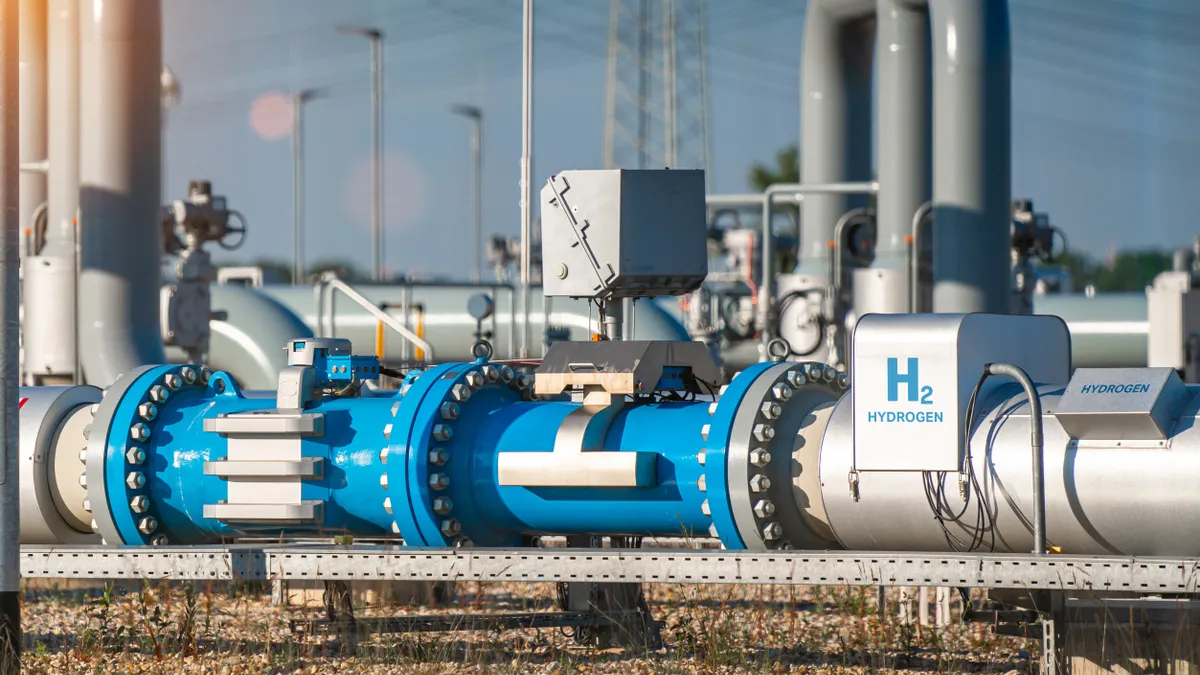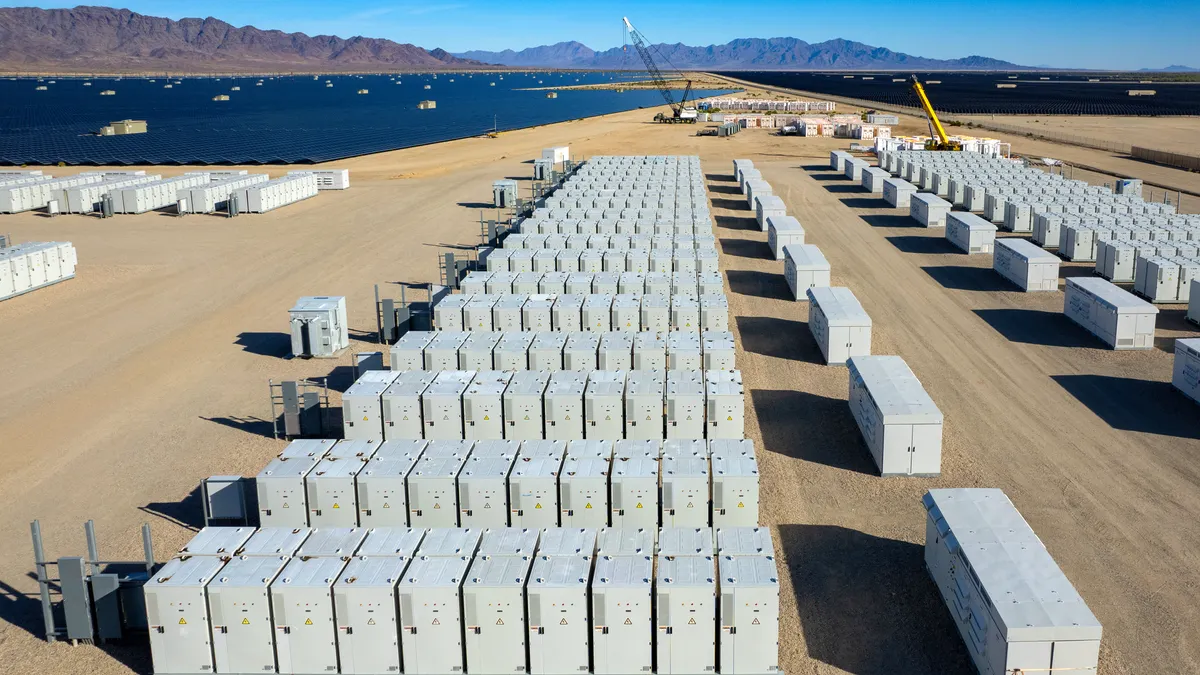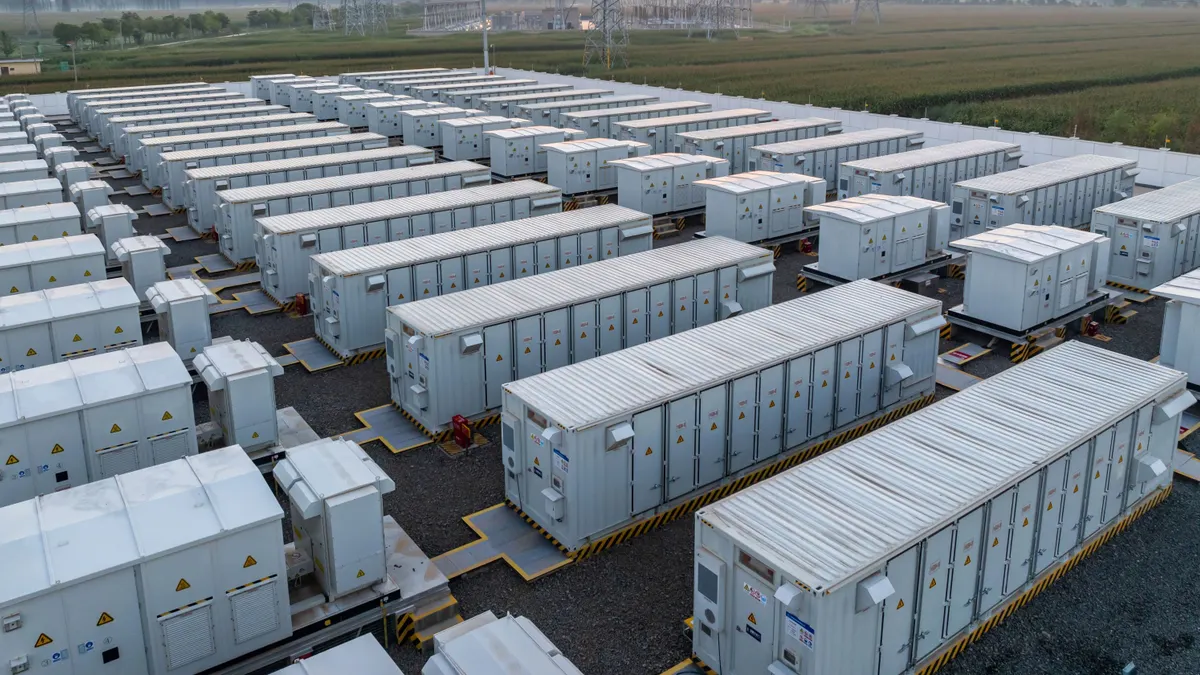The following is a viewpoint by Sara Baldwin Auck, regulatory director at the Interstate Renewable Energy Council.
Like many states, South Carolina has experienced significant growth in solar energy and distributed energy resources (DERs) over the past few years, with over 500 MW of solar installed as of Q2 2018, according to the Solar Energy Industries Association. Generating over $843 million in solar investments, this economic development trend is one that many in the state hope will continue. Yet, as growth continues, so too have some of the challenges surrounding fair and transparent access to the grid.
Recently, the Interstate Renewable Energy Council (IREC) helped to shape and inform South Carolina policy that would allow eligible DER projects to bid into a program in neighboring North Carolina without unduly impacting projects already connecting to the grid in South Carolina, and without imposing costs on South Carolina ratepayers (absent evidence that such costs are in the public interest).
The issues before the South Carolina Public Service Commission (the Commission) were unprecedented and warranted a close examination to avoid unintended consequences for South Carolina ratepayers and renewable energy developers. The Commission's ruling suggests that other states and utilities pioneering innovative DER incentives or interconnection rules would be wise to fully consider their implications for all stakeholders — including those located in other states that might be impacted.
A unique proposal
Here's what happened. In the last few months, the Commission was presented with a unique proposal from two of the state's investor-owned utilities — Duke Energy Carolinas and Duke Energy Progress (collectively "Duke"). The proposal sought to waive portions of the state's interconnection rules in order to allow projects built in South Carolina to participate in North Carolina's Competitive Procurement of Renewable Energy (CPRE) Program.
Yes, you read that correctly: Duke Energy was seeking to waive one state's rules in order to allow projects to participate in a program initiated by a neighboring state — which inevitably opened a can of worms relating to fairness, rate prudency and grid transparency.
The Commission's recent order adopted many of IREC's recommendations on how to protect ratepayers and projects in South Carolina and set forth critical guidance on a few contentious issues. This order set the stage for future solutions to address the major interconnection backlogs pervasive in Duke's territory while also preserving a positive path forward for future DER growth in the Palmetto State.
The first issue on the table was whether Duke's requested waiver of the interconnection rules for projects built in South Carolina (for those that want to bid into the North Carolina CPRE Program), would result in the CPRE projects receiving preferential status in the interconnection process compared to other non-CPRE projects already in the interconnection queue. Duke had proposed to create a "group" study that would only be available to projects bidding to the CPRE and would proceed on a faster timeline than projects already in South Carolina's interconnection queue.
Negative impact potential
Since Duke has a substantial backlog in its interconnection queue, IREC warned that Duke's proposal could result in undue negative impacts to South Carolina projects that do not bid into the CPRE Program. This could potentially impose unfair costs, delays, and/or result in non-CPRE projects not being completed, in contravention of federal law requiring non-discriminatory treatment among projects seeking to interconnect.
In its order, the Commission approved Duke's interconnection proposal for Tranche 1 of the CPRE program only, but required that, before proceeding, Duke must provide a clear definition of how its group study process for CPRE projects will work. Further, the Commission required a proceeding to define the CPRE Program and develop a framework for its administration in South Carolina prior to approval of any interconnection proposals for any future CPRE Tranches.
Importantly, the Commission also required Duke to take "adequate measures" to ensure that projects not bidding into the CPRE are not negatively impacted by the interconnection process waivers. It specifically required that all projects not bidding into the CPRE be "processed and studied according to the timelines required" by the state rules and "not be delayed or disadvantaged in any way" by the concurrent review of the CPRE projects.
The second issue was perhaps the more concerning, due to its potential impact on South Carolina ratepayers. During the proceeding, Duke belatedly asked the Commission to find that upgrade costs for the CPRE projects — which are traditionally borne by developers — could be entered into the rate base in a future rate case, and that such an approach was in the public interest. Yet, there was scant evidence in the record that South Carolina ratepayers would benefit from paying these costs (particularly since this was a program developed for North Carolina), or that this allocation was in the public interest.
While it isn't inherently problematic to allow utilities to recover the costs of system upgrades from all ratepayers, where such costs have been shown to reduce the overall costs of renewable energy procurement for ratepayers, there was no evidence in the record that South Carolina ratepayers would enjoy such benefits. This issue was especially concerning since it could result in South Carolina ratepayers being allocated energy costs from North Carolina's CPRE Program. It also was not clear if this could result in ultimately less renewable energy being procured overall.
IREC is pleased that the Commission prudently refused to make an advanced finding that the program was in the public interest absent a record to demonstrate that. Instead of allowing the significant proposal to be shoe-horned into this proceeding at the last minute, the Commission properly deferred to another time the appropriateness of including those costs in South Carolina's rate base.
More reporting and transparency
Finally, the South Carolina Commission took the important step of requiring additional reporting and transparency on both the CPRE Program's implementation and Duke's considerably delayed interconnection queue in South Carolina, as recommended by IREC.
First, the Commission required that Duke provide detailed reports on timeline compliance for both CPRE and non-CPRE projects, which will allow the Commission and stakeholders to gauge the impact of Duke's proposed waiver on existing and non-CPRE projects. Second, the Commission is requiring Duke to report on its existing queue backlog, and asked the state's Office of Regulatory Staff to investigate and report back to the Commission on the same.
IREC recognizes that, across the country, every state is necessarily navigating renewable energy and DER deployment in the context of its own market conditions and in response to state policy. There are ample opportunities for greater consistency and standardization across markets, to cut costs and leverage lessons learned, and we applaud states and utilities for developing innovative and new ideas to drive clean energy markets.
However, program implementation details should not be left at the door once policies are adopted.
Commissions tasked with regulating monopoly utility companies are responsible for an equitable process, with transparent access to information and thorough stakeholder input. These are key ingredients to robust regulatory processes that protect consumers, allow for fair competition in the marketplace, and support clean energy growth. We commend the South Carolina Commission for its diligence on these tricky issues and look forward to continued progress in the Palmetto State.





















